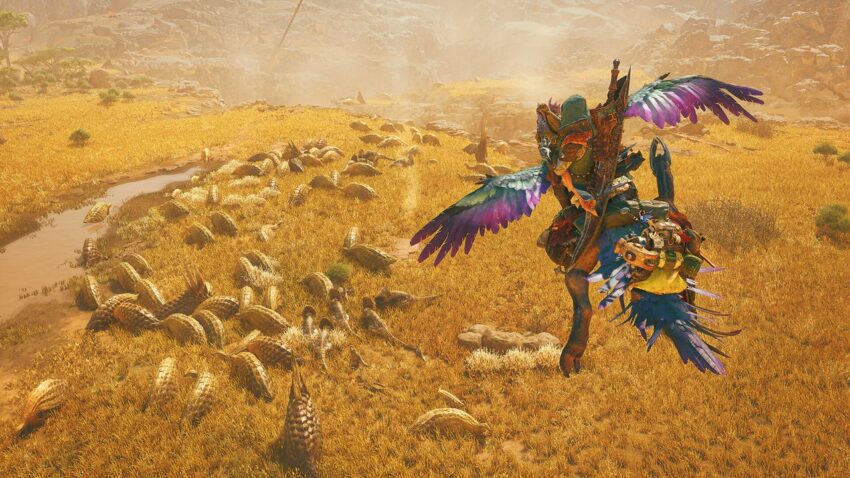Capcom Ends Windows 10 Support for Monster Hunter Games Following Microsoft’s EOL Announcement
Microsoft’s Windows 10 officially reaches its end of life on October 14, marking the cessation of security updates and support. In response, Capcom has announced that it will no longer guarantee game stability for several of its popular Monster Hunter titles on Windows 10 beyond this date. This move signals a significant shift for gamers still using the aging operating system and could herald similar actions from other game developers and publishers.
### Capcom’s Announcement and Its Implications
As reported by TweakTown, Capcom stated that after Microsoft ends support for Windows 10, the company cannot assure stable gameplay for:
– Monster Hunter: World
– Monster Hunter: Wilds
– Monster Hunter: Rise
This change means future system updates or game patches might cause issues on Windows 10, and Capcom will not provide fixes for compatibility problems arising thereafter.
It remains unclear whether Capcom will extend this cessation of support to other titles like *Street Fighter 6* and the upcoming *Resident Evil Requiem*. Given the frequent updates and downloadable content for these games, it wouldn’t be surprising if Windows 10 support is dropped eventually.
### What This Means for Gamers
For users reluctant to upgrade to Windows 11, the end of Windows 10 support from Capcom (and potentially other developers) forces a few options:
– Install alternative operating systems like **Tiny11**, a lightweight, bloatware-free version of Windows 11.
– Switch to **Valve’s SteamOS**, a Linux-based platform optimized for gaming.
– Make the often-dreaded jump to **Windows 11** itself.
This situation should not significantly affect gamers using hardware incompatible with Windows 11, as older systems typically struggle with modern game requirements anyway. However, it serves as a strong indicator that many users may need to consider hardware upgrades sooner rather than later.
—
### Analysis: SteamOS Gains Appeal Amid Windows 10 End of Support
Microsoft’s decision to retire Windows 10—with millions still using the OS—has wider implications on gaming than initially predicted. In this landscape, **Valve’s SteamOS** is increasingly attractive for gamers who prefer to avoid Windows 11.
Here’s why SteamOS stands out:
– It is Linux-based, offering superior game performance compared to Windows 11 in many cases.
– Ongoing improvements in compatibility and performance enhancements bolster its viability as a long-term gaming platform.
– SteamOS delivers a console-like, streamlined gaming experience with fewer concerns about sudden support drops from developers.
While personal preference and hardware will dictate when or if one switches, SteamOS represents a compelling alternative for those wanting to maintain game stability without moving to Windows 11.
### Considerations for GPU Users
– **Nvidia GPU users**: Although Windows 11 currently offers stable performance, anticipated improvements in SteamOS support for Nvidia graphics cards may make transitioning tempting in the near future.
– **AMD GPU users**: Those hesitant to adopt Windows 11 might find moving to Linux and SteamOS especially beneficial, given solid driver support and stability.
—
### Final Thoughts
Capcom’s decision signals an inevitable turning point in Windows gaming support. Whether you’re a fan of Monster Hunter or other titles, staying informed and considering alternatives like SteamOS or Tiny11 is prudent as Microsoft phases out Windows 10.
For players ready to embrace change, SteamOS offers a promising path forward, potentially freeing you from worries about future game instability due to unsupported operating systems.
—
**You Might Also Like:**
– Exploring Gaming Performance on SteamOS vs. Windows 11
– How to Upgrade to Tiny11: A Lightweight Windows 11 Alternative
– Preparing Your PC for Windows 11: What Gamers Need to Know
https://www.techradar.com/computing/windows/windows-10s-upcoming-end-of-life-is-bad-news-for-pc-gamers-who-hate-windows-11-as-capcom-issues-warning
